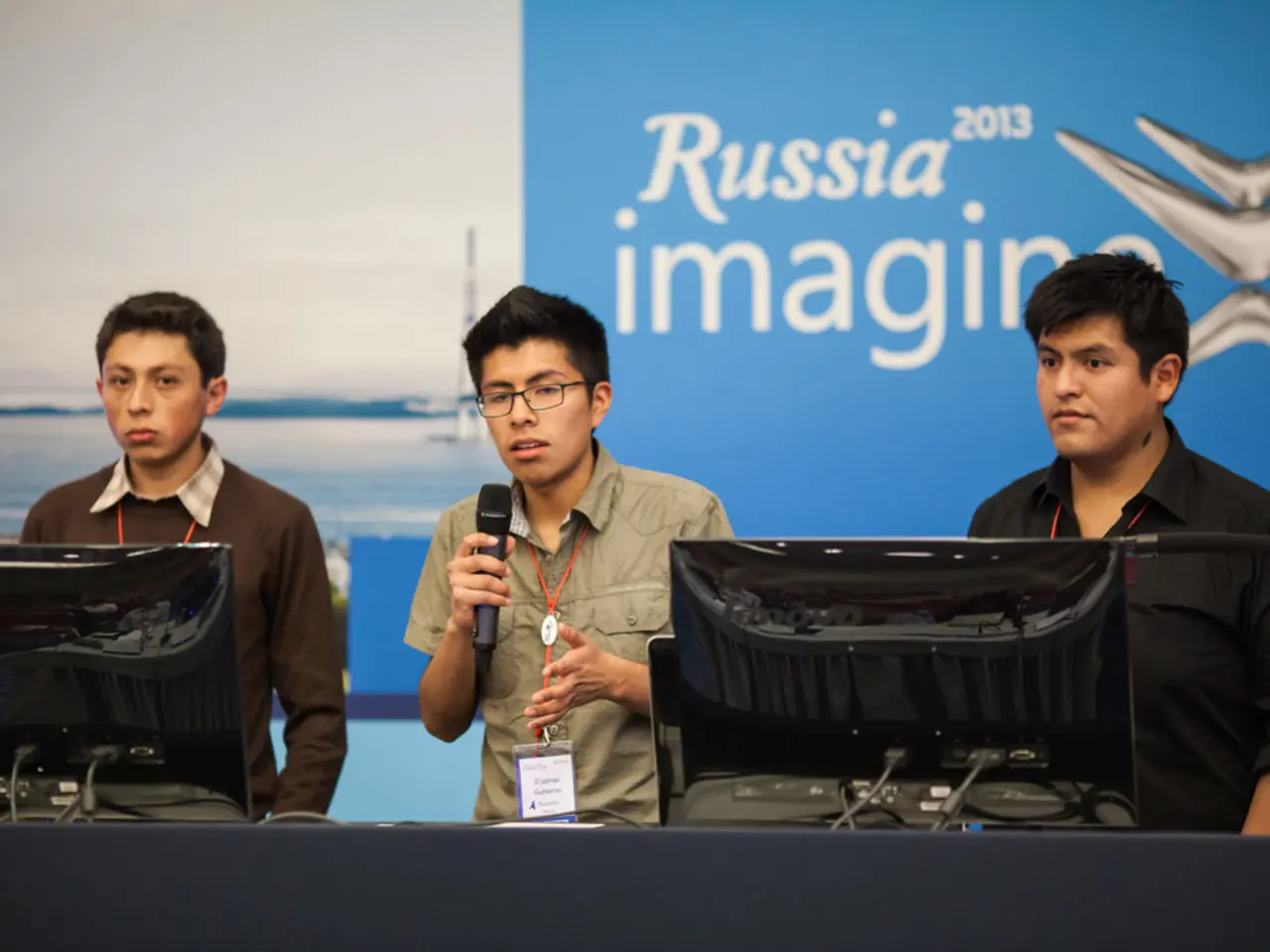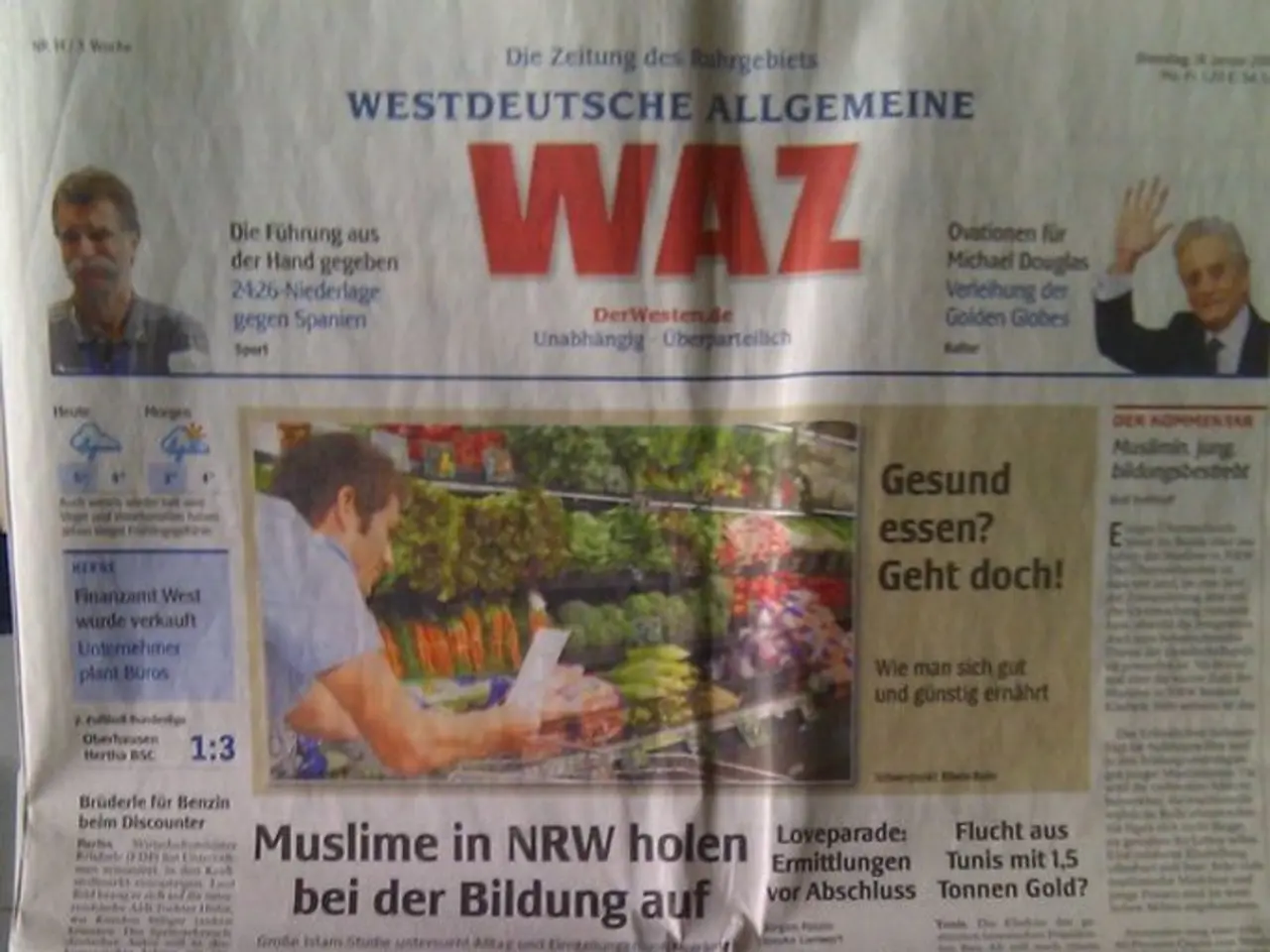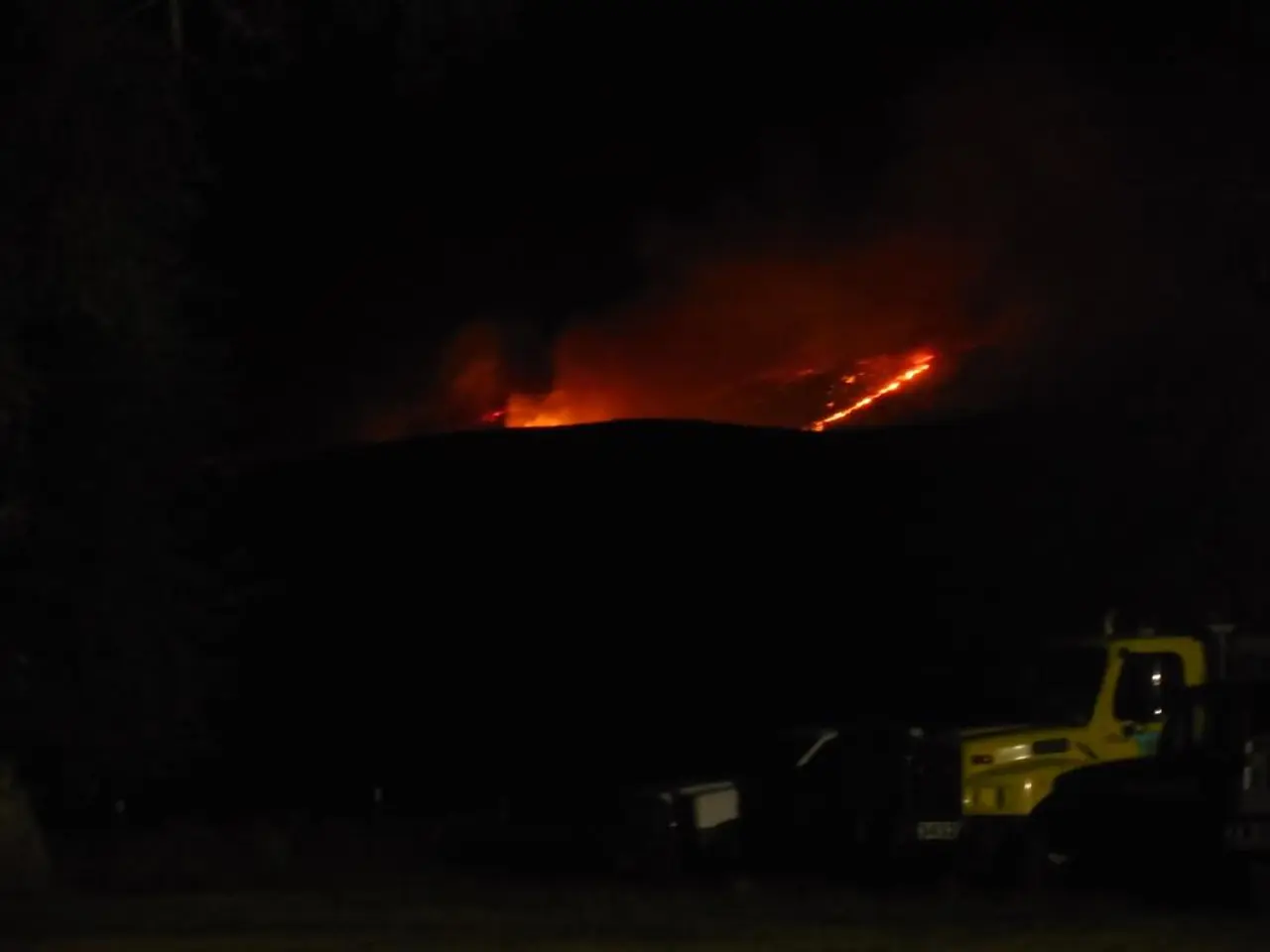Russian sanctions cooperation awaited by Serbia, contingent upon EU acceptance
In a move that reflects a cautious and conditional stance, Serbia has maintained its decision not to impose sanctions against Russia, despite the EU's pressure. The country's Minister for European Integration, Nemanja Starovic, has stated that Serbia will support EU sanctions against Russia only "immediately before joining the EU" to ensure it gains access to EU security and economic assistance, which non-EU members do not have [1][2].
The economic implications of imposing sanctions on Russia now are a significant concern for Serbia. Starovic highlighted disparities in EU support during the pandemic as an example—Croatia, an EU member, received €22 billion in funds, while Serbia got only €165 million, showing the lack of structural support for non-EU Serbia [1].
The minister's statements have sparked domestic controversy and conflicting messages from President Aleksandar Vučić, who denies intentions to sanction Russia, reinforcing Serbia's long-standing "neutral" policy based on principles [2]. This inconsistency appears partly a test to gauge public support and diplomatic signaling [1][2].
Serbia's stance has not gone unnoticed, with the country facing criticism for refusing to impose sanctions on Russia. Reports highlight this as a stumbling block in Serbia’s EU accession path and raise concerns about democratic backsliding domestically [3][4].
The EU's latest sanctions package, adopted by the EU Council on July 18, expands the list of sanctioned vessels in the shadow fleet and lowers the ceiling on Russian oil prices from $60 to $47.6 per barrel [5]. The sanctions package also prohibits any financial transactions with 22 banks [5].
Despite the ongoing tensions, there is a possibility that Serbia might reconsider joining the sanctions against Russia if EU membership becomes a near-term prospect. However, the exact date when this might happen is not specified [2]. The specific details of the protective mechanisms that would apply if Serbia joins the EU are not provided [1][2].
References:
[1] BIRN. (2022, July 21). Serbia's EU accession stumbles as it refuses to join Russia sanctions. Balkan Insight. https://balkaninsight.com/2022/07/21/serbias-eu-accession-stumbles-as-it-refuses-to-join-russia-sanctions/
[2] Vucetic, M. (2022, July 21). Serbia's stance on Russia sanctions: A balancing act between EU and Russia. Al Jazeera. https://www.aljazeera.com/news/2022/7/21/serbias-stance-on-russia-sanctions-a-balancing-act-between-eu-and-russia
[3] BIRN. (2022, April 15). Serbia risks EU sanctions over Russian oil embargo. Balkan Insight. https://balkaninsight.com/2022/04/15/serbia-risks-eu-sanctions-over-russian-oil-embargo/
[4] Vucetic, M. (2022, April 13). Serbia's EU accession process faces new hurdles over Russia sanctions. Al Jazeera. https://www.aljazeera.com/news/2022/4/13/serbias-eu-accession-process-faces-new-hurdles-over-russia-sanctions
[5] European Council. (2022, July 18). Press release: EU adopts 18th package of sanctions against Russia. European Council. https://www.consilium.europa.eu/en/press/press-releases/2022/07/18/eu-adopts-18th-package-of-sanctions-against-russia/
The government's decision to avoid imposing sanctions on Russia, despite EU pressure, has raised questions about Serbia's policy-and-legislation stance, particularly in relation to war-and-conflicts and the economy. The Minister for European Integration's statements on EU support disparities during the pandemic add further emphasis, as Serbia seeks general-news clarity on the benefits and implications of joining EU sanctions against Russia.





